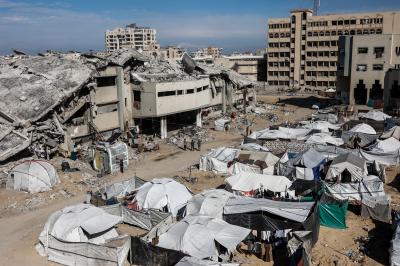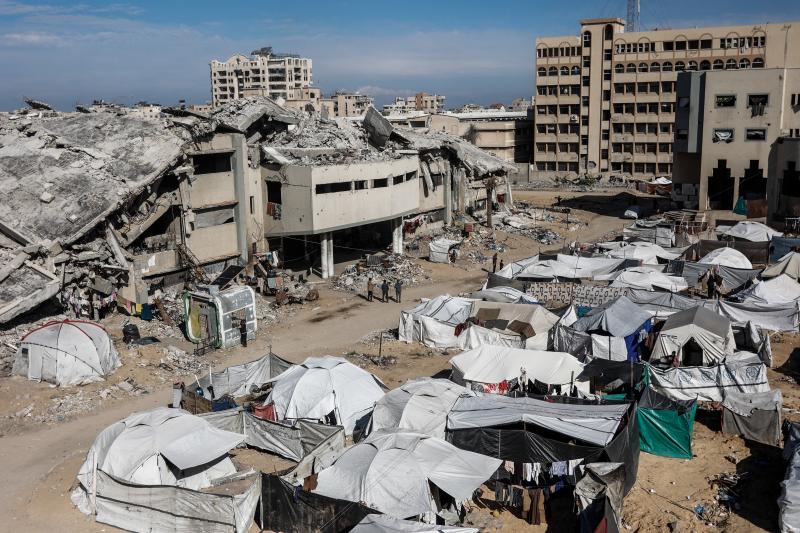The issue of Lebanese women’s right to pass their nationality to their children remains one of the most contentious equality debates in Lebanon. The decades-old law restricts the transmission of nationality to the father alone, leaving thousands of children in limbo—either stateless or facing conflicting identities—and forcing entire families to struggle for basic rights such as education, healthcare, and formal employment.
The Current Law and Its Practical Implications
Article 1 of the Lebanese Nationality Law (Decree of 1925) states that “any person born to a Lebanese father is considered Lebanese,” explicitly excluding the mother as a source of nationality. In practice, a child born to a Lebanese mother and a foreign father does not automatically acquire Lebanese nationality—risking legal invisibility, restricted status, or, in some cases, no identity. Human rights groups and local studies have documented numerous cases of families and children suffering the consequences of this legal gap.
The Latest Campaign and Legislative Initiative
In mid-October 2025, the campaign “My Nationality Is a Right for Me and My Family”, in collaboration with MP Cynthia Zarazir, announced the submission of an urgent draft law to amend Article 1 so that it reads: “Any person born to a Lebanese father or mother is considered Lebanese.” The proposal would simply add the word “mother” to the existing text. The campaign described the initiative as a practical step toward ending a long-standing injustice and ensuring fairness for thousands of families.
Supporters and Opponents — The Reasons Behind Their Positions
Supporters
Human rights and civil society organizations argue that the amendment is grounded in two key principles: gender equality and compliance with international standards to prevent the no identity status. A UNHCR report also noted that unequal nationality laws directly contribute to cases of no identity status. Supporters insist that reforming the text would protect children and strengthen Lebanon’s alignment with its international obligations on women’s and children’s rights.
Opponents
Political and sectarian factions from various sides oppose the amendment for political and demographic reasons—chiefly fears of upsetting Lebanon’s “sectarian balance” or altering the basis of citizenship within the population structure. Such arguments often dominate public and political debate, even though demographic fears offer no practical solutions to the plight of stateless children or the daily struggles of affected families. Some political actors cite concerns over national security or administrative complications, but they rarely propose alternative measures that safeguard rights.
Regional and Global Examples: Where Mothers Have the Right — and Where They Don’t
Some Arab countries have gradually reformed their laws. For instance, Algeria and Djibouti now grant women equal rights to confer nationality on their families. Other Arab states have made partial reforms or allow exceptions in limited cases, such as when a child would otherwise be stateless or has an unknown father. Around the world, many nations have amended their nationality laws to combat the no identity status and gender-based discrimination. On the other hand, Lebanon remains among a group of countries—including Kuwait, Qatar, and others in the Gulf—that largely deny mothers this right. In other states, exceptions exist under specific circumstances. UN and UNHCR reports document that roughly 24 countries worldwide still maintain discriminatory nationality laws.
Real-Life Cases Highlighting the Scope of the Problem
Field reports and human rights organizations have presented real family stories: children born to Lebanese mothers whose names appear on birth certificates, yet they remain without an identity. Others have been denied access to formal schooling, medical registration, or legitimate employment opportunities later in life. Lebanese organizations report thousands of registered cases involving Lebanese women married to foreigners and their children, all living in legal uncertainty. These cases illustrate the material, psychological, and social consequences of the existing law.
Legal and human rights experts—including activist Josephine Zgheib—told Al-Safa News that “amending Article 1 complements Lebanon’s international commitments on human and child rights and provides an effective tool to reduce statelessness.” Zgheib referred to the UNHCR’s position that equal nationality rights for mothers and fathers directly prevent the creation of stateless groups and ease the protection burden on both the state and society. She added that fears of “demographic change” should be addressed through data and census policies—not by denying citizens their fundamental rights. “In short,” she said, “the legal and rights-based perspective overwhelmingly supports the amendment as a practical and necessary solution.”
Proposed Accompanying Measures and Practical Solutions
The reform should include procedural mechanisms—such as registering affected children and facilitating access to temporary civil documents while citizenship applications are processed. A national program should also document these cases and address unemployment and social rights for affected children. Awareness campaigns could help dispel demographic fears by clarifying that the amendment aims to protect citizens and their children—not to alter Lebanon’s demographic fabric. Such steps would ensure that the amendment’s implementation is orderly and maintains the confidence of all concerned parties.
A Question of Principle
The right of women to pass on their nationality is a matter of principle—combining justice, fairness, and adherence to international standards against statelessness. The proposed amendment by the campaign and MP Zarazir aligns with a global movement toward gender equality and child protection from legal limbo. Addressing political concerns requires public dialogue grounded in data and practical solutions—not the perpetuation of a system that deprives thousands of basic rights.
Final Recommendation: Approve the amendment with a clear implementation plan and strengthened civil registry systems to protect the rights of children and families.
Please post your comments on:
[email protected]
 Politics
Politics













